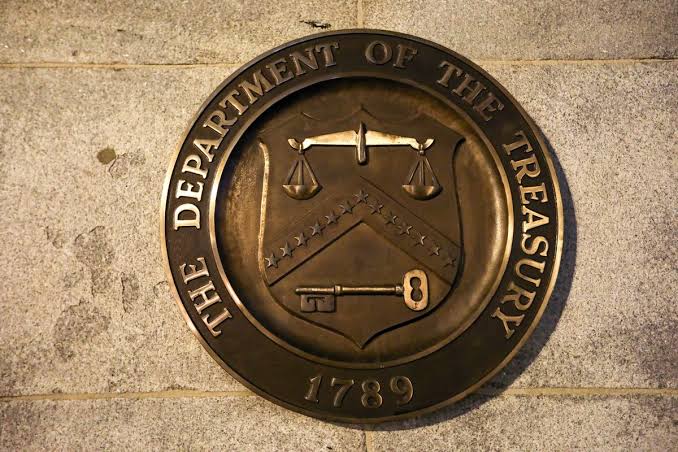The sanctions watchdog of the Treasury Department said on Monday that the United States and other nations are adding several financiers with ties to Hamas to a worldwide financial blacklist.Along with the United States, Australia and the United Kingdom are obstructing people and organizations suspected of assisting Hamas in facilitating cryptocurrency and non-crypto transactions from the international banking system through the Office of Foreign Asset Control (OFAC).
Bitcoin is just one of “a variety of financial transfer mechanisms” that Hamas uses for assistance, according to a statement from Brian Nelson, the Under Secretary of the U.S. Treasury for Terrorism and Financial Intelligence.
“Treasury, in close coordination with our allies and partners, will continue to leverage our authorities to target Hamas, its financiers, and its international financial infrastructure,” he said.
Unlike other crypto penalties, no particular crypto address was added to the list of Specially Designated Nationals.The National Bureau for Counter Terror Financing (NBCTF) in Israel, on the other hand, announced that it had frozen 189 cryptocurrency addresses linked to three exchanges. Among these is Al-Markaziya Li-Siarafa, a Gaza-based company owned by Zuhair Shamlakh, whose businesses use both cryptocurrency and fiat to support Hamas.
The news release stated that General Trading Company LLC and Herzallah Exchange helped Hamas with cryptocurrency and other transactions.
“Hamas has used multiple methods of illicitly transferring funds to the West Bank from Gaza in order to fund and support recruitment and the purchase of weapons there. Hamas has directly co-opted and utilized some corrupt money exchanges in both the West Bank and Gaza to launder funds for the terrorist group,” the release said. “Since at least 2020, Hamas has also used cryptocurrency to transfer some funding in support of operational costs in the West Bank as a means of mitigating the risks of physically moving cash, circumventing border crossings, and evading monitoring by authorities.”

